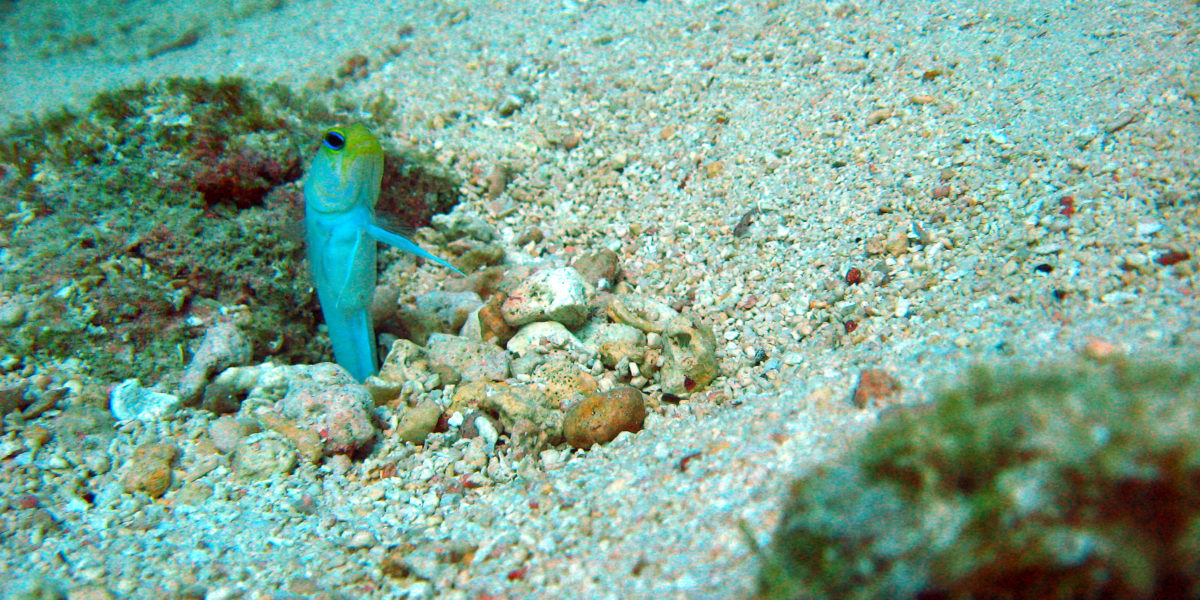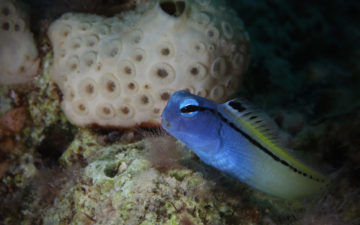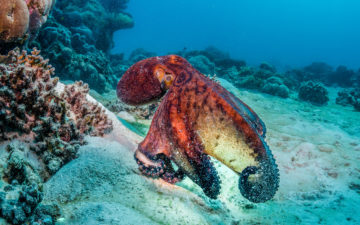With eyes set on a future green economy, technological innovation is paving the way for a sustainable transition without deep sea minerals or its associated risks. We’ve put together a three-part blog series, highlighting these advancements across various industries.
Growing calls for a moratorium across the technology sector and beyond
Confidence in innovation and the circular economy, alongside growing understanding of the damage DSM will necessarily cause to the largest ecosystem on earth and its biodiversity, has inspired many companies to pledge to not use minerals mined from the deep seabed.
Signing onto a statement from the World Wildlife Fund, BMW Group, Google, Patagonia, Phillips, Renault Group, Rivian, Samsung SDI, Scania, Volkswagen Group, and Volvo Group have pledged to not use minerals from DSM. Joining these 10 companies, Microsoft, Ford, Daimler, General Motors, and Tiffany & Co. have pledged to explicitly distance themselves from DSM by excluding deep sea minerals from their investment portfolios and procurement strategies. Seven banks and financial institutions have also joined the call, with representatives from a wide variety of sectors.
DSM: an ocean, biodiversity, climate, ecosystem services, and intergenerational equity disaster we can avoid
Presenting DSM as needed and necessary for a sustainable green transition ignores the unacceptable associated risks to our biodiversity and ecosystem. Deep seabed mining is a potential extractive industry that, thanks to rapidly developing innovation, our world does not need. And gaps in knowledge surrounding the deep sea are decades away from being closed.
As Debbie Ngarewa-Packer, a New Zealand parliamentarian and Māori activist, summarized the potentially affects of DSM in the face of vast scientific gaps in an interview:
[H]ow could you live with yourself if you had to go to your children and say, ‘I’m sorry, we’ve wrecked your ocean. I’m not quite sure how we’re going to cure it.’ I just couldn’t do it.
Debbie Ngarewa-packer
International law has determined the deep seabed floor and its minerals to be – literally – the common heritage of humankind. Even prospective miners admit that DSM would unnecessarily destroy biodiversity, with The Metals Company, DSM’s loudest advocate, reporting that mining the deep seabed will disturb wildlife and affect ecosystem function.
Disturbing ecosystems before we even understand them – and doing so knowingly – would fly in the face of increased global movement toward a sustainable future. It would also run counter to the Sustainable Development Goals and multiple international and national commitments to not only the environment but to the rights of youth and Indigenous Peoples as well as intergenerational equality. An extractive industry, which is itself not sustainable, cannot support a sustainable energy transition. The green transition must keep deep seabed minerals in the deep.






